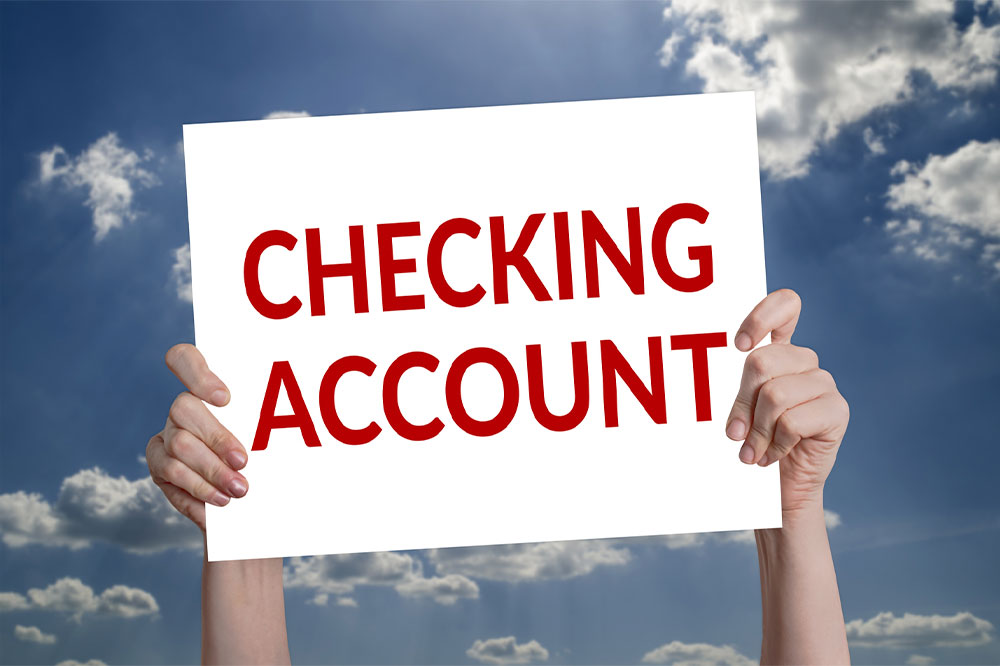
Checking accounts – Types, features, and benefits
Checking accounts are deposit accounts that let holders keep all their money in one secure place with easy access to daily payments. They are meant to allow quick access to your funds regularly. When you use your debit card or write a check, the money is usually drawn from your checking account. Unlike savings accounts, these generally do not have withdrawal limits and do not provide much (if any) interest.
Types of checking accounts
Depending on your purpose, you can sign up for different checking accounts. Here are some of the most popular options from which you can choose:
- Commercial checking account: These accounts are used by businesses for their expenses. Depending on the company, one or more people may have access to make use of these accounts.
- Teen and student checking account: Several banks offer student checking accounts with perks like no maintenance or minimum balance fees. This encourages students to learn how to handle their finances better. Teen checking accounts are for people between the ages of 13 and 17, while student checking accounts are generally offered to students aged 17 to 24.
- Joint checking account: Spouses or partners can opt for a joint checking account. Here, either partner can write checks and make deposits or withdrawals.
- Senior checking accounts: These are designed for older customers (generally 55 and older) and offer free premium checks, personalized debit cards, fee waivers, etc.
- Second chance account: Those not qualifying for traditional checking accounts can opt for second-chance accounts. These often have more restrictions and fees and do not provide overdraft protection.
Features of checking accounts
There are several features associated with checking accounts. While some banks may offer more to their customers, here are some basic features associated with most checking accounts:
- Direct deposits: This feature allows companies (or your employers) to deposit money directly into your account. This money becomes available to you for immediate use.
- Wire transfers: A wire transfer refers to an electronic transfer of funds from one account to another in the US or other countries. It is a safer and more secure alternative to using cash.
- ATMs: ATMs allow you to withdraw cash at any time. They may be located at bank branches or convenient locations such as malls, convenience stores, airports, etc. Some banks may charge an additional fee for ATM withdrawals.
- Debit cards: Debit cards make purchasing more convenient. You can make purchases without having to withdraw money from your account beforehand. For additional security, banks offer zero-liability fraud protection for debit cards in case of any loss or theft.
- P2P payments: Person-to-person payments allow you to send money directly from your bank account to someone else’s bank account, using only their email address or account information.
Benefits of checking accounts
Regardless of which bank you choose to create your account at, there are many benefits to having a checking account:
- You can access your funds without carrying cash everywhere.
- You gain access to your paychecks and other deposits instantly.
- They can help you establish and build your credit score.
- You can schedule payments so you never miss out on any. This helps improve your credit score.
- The funds in your checking account are insured by the National Credit Union Administration (NCUA) or the Federal Deposit Insurance Corporation (FDIC).




